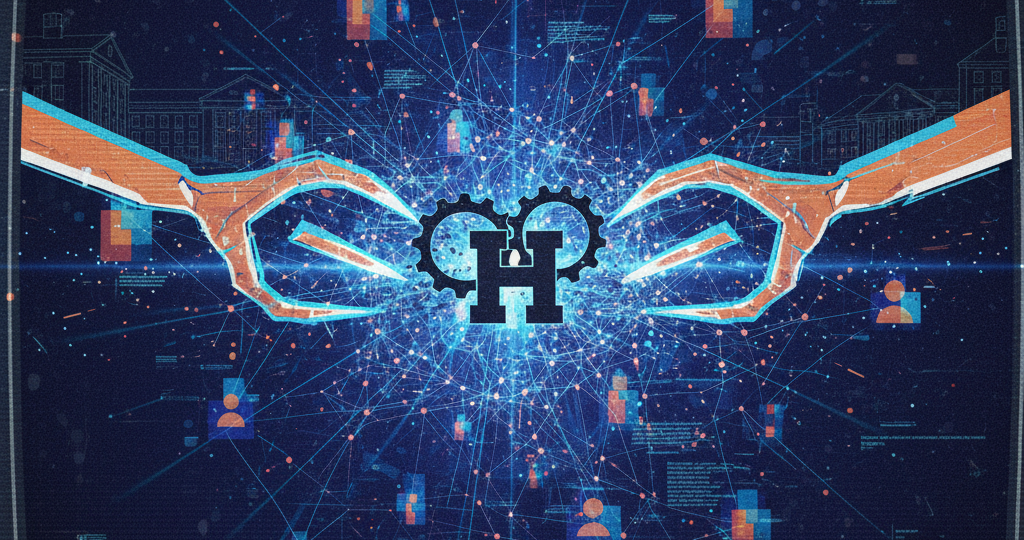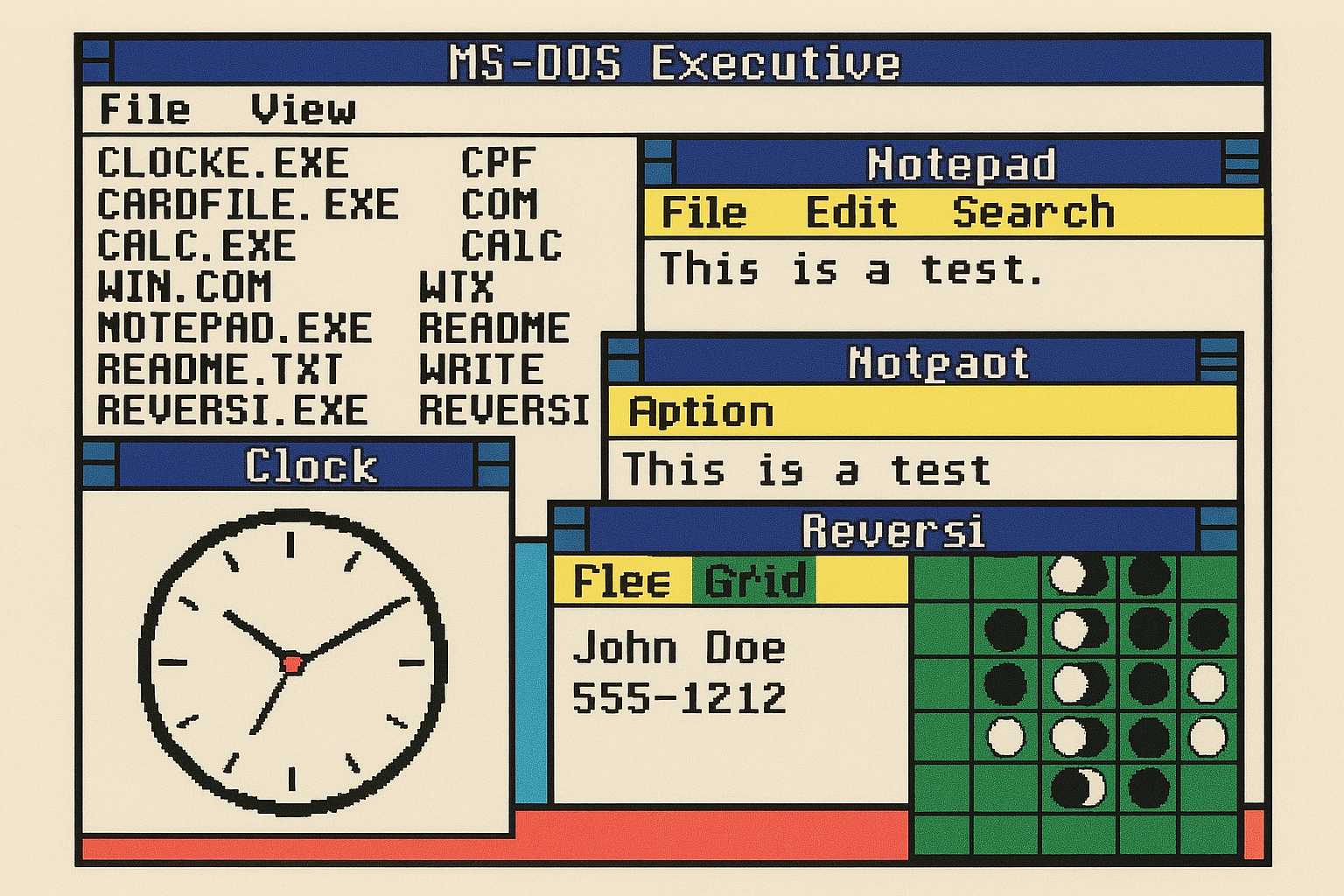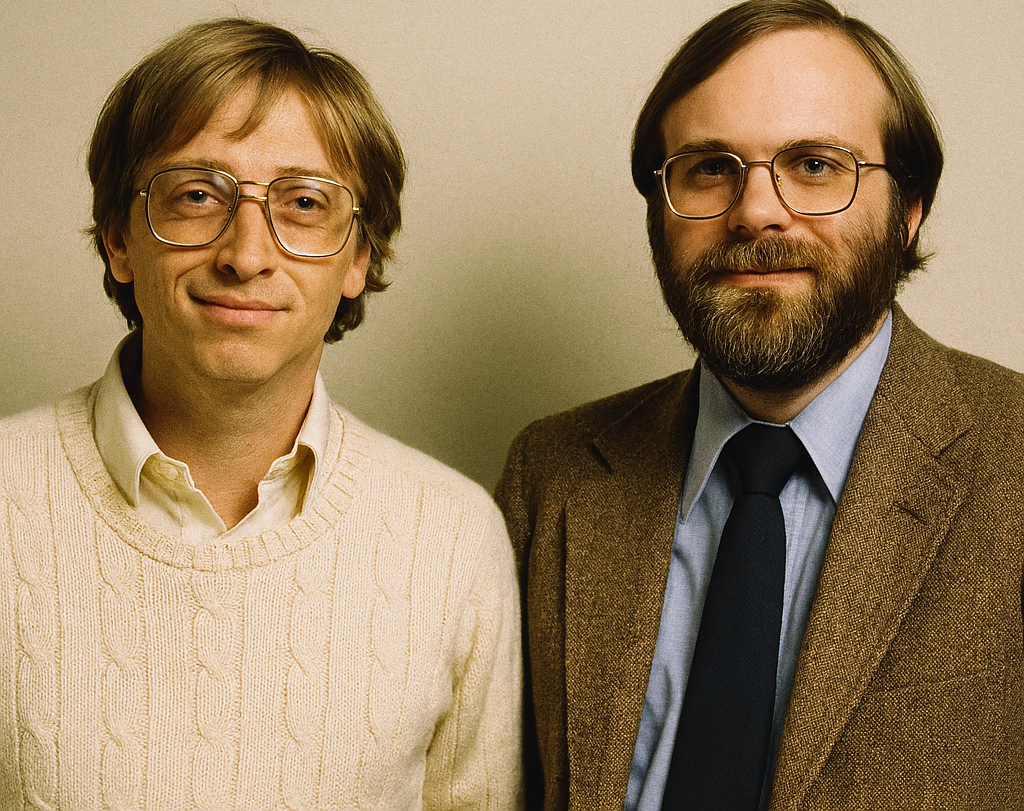
Welcome back. Today, we’re talking about Facebook’s first big controversy since launch.
Yesterday, we talked about the launch of The Facebook and its predecessors. Born in a Harvard dorm room, it promised a simple, elegant way for students to connect. Yet, as with many tales of disruptive innovation, its ascent was not without immediate friction. Almost as quickly as “Thefacebook” spread across campus, a far more contentious narrative began to unfold, one that would cast a long shadow over its origin story and introduce the world to the cutthroat realities of Silicon Valley entrepreneurship.
The core of this early drama centered on three of Mark Zuckerberg’s Harvard classmates: Cameron and Tyler Winklevoss, and their partner, Divya Narendra. This trio had been developing their own social networking idea, initially dubbed “HarvardConnection,” and had, at one point, engaged Zuckerberg to help with its programming. Their subsequent lawsuit alleged that Zuckerberg deliberately stalled progress on their project, all while covertly using their confidential information and ideas to launch his own rival platform, “Thefacebook.” It was a bold accusation of intellectual property theft, claiming that the very foundation of Zuckerberg’s burgeoning empire was built on a betrayal of trust.
Zuckerberg, for his part, vehemently denied these claims, asserting that “Thefacebook” was a fundamentally different concept – a true social network designed for broad connection, as opposed to what he characterized as the Winklevoss’s more narrowly focused dating site. The legal battle that ensued was protracted and bitter, moving through various courts and generating considerable media attention. It became a public spectacle, forcing the fledgling company to fight for its very legitimacy while simultaneously grappling with unprecedented user growth. This early conflict underscored a critical theme: innovation often breeds contention, and the lines between inspiration, iteration, and outright appropriation can be incredibly blurry in the fast-paced tech world.
Despite the legal distractions, “Thefacebook” continued its meteoric rise. What started at Harvard quickly spread to other Ivy League institutions, then to universities across the United States. Features like the “Wall” and the concept of “friending” became instant staples of online interaction, forging digital communities at a speed no one had anticipated. This rapid expansion, however, served to amplify the stakes of the ongoing lawsuit. The Winklevosses and Narendra watched as the platform they claimed as their own grew exponentially in value, making their legal argument for restitution ever more significant.
Ultimately, the parties reached a confidential settlement in 2008, reportedly involving a substantial cash payout of $20 million and 1.25 million shares of Facebook stock. This agreement, while bringing an end to the immediate legal hostilities, did not extinguish the debate. The story, later dramatized in the critically acclaimed film “The Social Network,” imprinted itself on the public consciousness as an indelible part of Facebook’s genesis. It left many questioning the ethical foundations of great success and served as a stark reminder that even the most revolutionary ideas can be born amidst personal rivalries and legal skirmishes, shaping the destiny of both the creators and the created platform.
RELATED POSTS
View all


